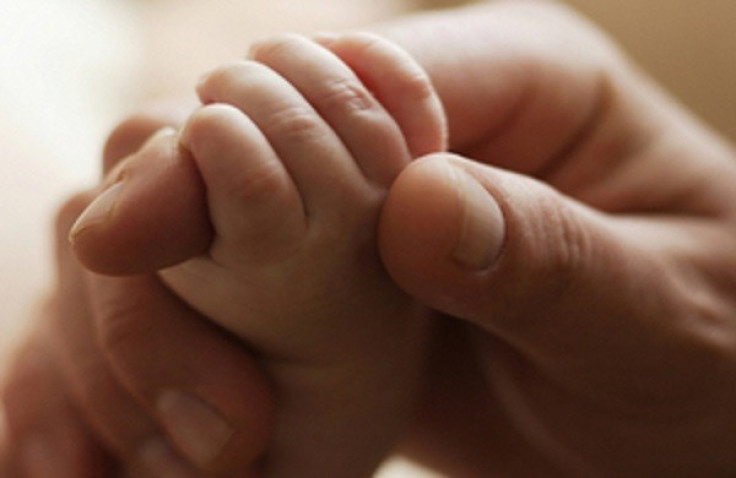Three Parent Baby: Genetic Innovation Could Eliminate Hereditary Disease in Children

Health officials from the FDA are considering approving trials of an in vitro fertilisation procedure to create a three parent baby.
It is believed the experiment could help eliminate genetic diseases such as muscular dystrophy and respiratory problems, by creating embryos with DNA from three parents. The proposed treatment would allow a woman to give birth without passing on diseases of the mitochondria, the power producers of the human cell which are inherited from the mother.
In the procedure, genetic material from the nucleus of a mother's egg or an embryo gets transferred to a donor egg or embryo that has had its nuclear DNA removed. The new embryo will contain nuclear DNA from the intended father and mother, as well as healthy mitochondrial DNA from the donor embryo, which effectively creates a "three-parent" baby.
The Food and Drug Administration advisory panel observed two days of hearings into the treatment this week, which included controls used in trials and how an embryo is monitored during the tests. No decisions have yet been made.
Susan Solomon, director of the New York Stem Cell Foundation, told CNN the procedure harbours to risk of adverse genetic engineering. The suggestion of altering genetics has been met with fears over trying to create a perfect embryo.
She said: "There is no genetic engineering. It isn't a slippery slope. It's a way to allow these families to have healthy children. What we're doing is, without at all changing the DNA of the mother, just allowing it to grow in an environment that isn't sick"
Others have argued the proposed procedure should not be trialled in humans.
Renee Reijo Pera, vice president for research and economic development at Montana State University, said to USA Today: "I just don't think that this is an avenue that we should pursue in humans."
Around one in 4,000 children inherit diseases as a result of genetic mutations in their mitochondria. Although the treatment has only been considered for early-onset mitochondrial diseases, the gene manipulation therapy could potentially eradicate hereditary illness.
The UK has already made moves towards allowing the technique, after the government backed the IVF technique in June 2013. One in 6,500 babies in Britain are born with defective mitochondria, which can leave them starved of energy, resulting in muscle weakness, blindness, heart failure and death in the most extreme cases.
© Copyright IBTimes 2024. All rights reserved.






